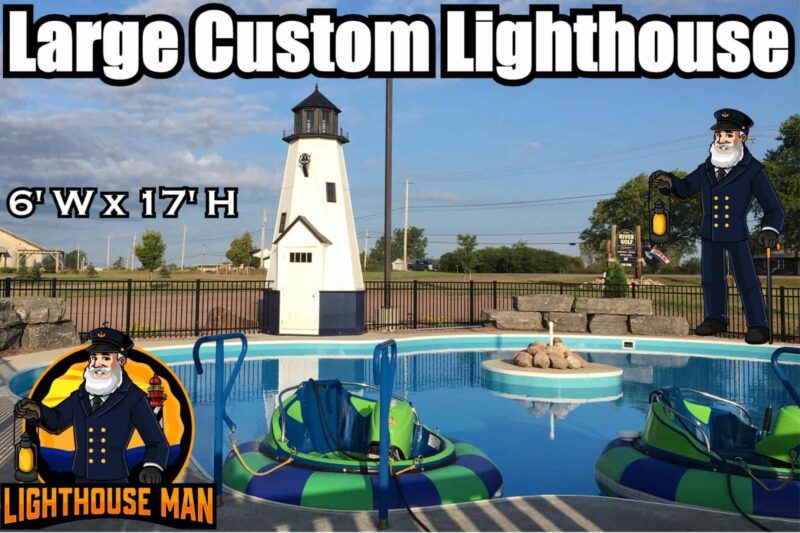
Custom fencing has evolved from a mere functional boundary to a significant component of landscape design, security, and personal expression. Whether it’s to enhance privacy, ensure safety, or add aesthetic value, custom fences play a pivotal role in defining a property’s character. We will delve into the myriad aspects of custom fencing, exploring its benefits and materials.
Exploring Custom Fencing: Benefits and Material Options
The Benefits of Custom Fencing
Custom fencing offers unparalleled advantages over standard fencing solutions. Right here on F&W Fence Co. Inc., we offer custom fencing. One of the primary benefits is the ability to tailor the fence to suit specific needs and preferences. This customization ensures that the wall meets the property’s and its owner’s unique requirements. For instance, in areas with high wind, a custom fence can be designed with materials and structural integrity to withstand harsh weather conditions. Additionally, custom fences can be built to various heights and styles, providing the desired level of privacy and security. This flexibility is particularly beneficial for properties with unique layouts or challenging terrains where more than standard fences might be needed.
Another significant benefit of custom fencing is the enhancement of property value. A well-designed and installed custom fence can significantly boost a home’s curb appeal, making it more attractive to potential buyers. It acts as a decorative element that complements the house’s architectural style and the yard’s landscaping. Moreover, custom fences can integrate seamlessly with other outdoor features, such as patios, gardens, and pools, creating a cohesive and aesthetically pleasing outdoor space. This level of customization and attention to detail can set a property apart in the real estate market, potentially leading to higher buyer offers.
Furthermore, custom fencing allows for incorporating unique features and functionalities that standard fences may not offer. For instance, homeowners can add gates with automatic openers, intricate patterns, or lighting elements to their custom fences. These additions not only enhance the wall’s functionality and security but also add to its overall aesthetic appeal. In essence, custom fencing allows homeowners to create a boundary that is both practical and visually stunning, tailored to their specific needs and preferences.
Choosing the Right Material for Custom Fencing
The choice of material is crucial in the design and functionality of a custom fence. Different materials offer varying levels of durability, maintenance requirements, and aesthetic appeal. Wood is a popular choice for custom fencing due to its natural beauty and versatility.

It can be painted or stained in various colors to match the surrounding environment or the home’s architectural style. Wood fences can also be crafted into styles, from classic picket fences to modern horizontal slat designs. However, wood requires regular maintenance to protect it from rot, insects, and weather damage, which can be a drawback for some homeowners.
Vinyl is another excellent option for custom fencing. It is known for its durability and low maintenance requirements. Vinyl fences do not warp, rot, or succumb to insect damage, making them an ideal choice for homeowners looking for a long-lasting fencing solution. Additionally, vinyl fences are available in various styles and colors, allowing for a high degree of customization. They can mimic the appearance of wood, stone, or other materials, providing the desired aesthetic without the associated upkeep. However, vinyl can be more expensive upfront than wood, although its longevity and minimal maintenance costs can offset this initial investment.
Metal fencing offers unmatched strength and security, including aluminum, wrought iron, and steel. These materials are ideal for creating custom fences that require intricate designs or additional security features. Wrought iron fences, for example, can be crafted into ornate patterns and shapes, adding a touch of elegance and sophistication to any property. Aluminum and steel fences, on the other hand, are often used for their robustness and resistance to corrosion. These materials suit security fences, pool enclosures, and high-end residential or commercial properties. While metal fences can be more expensive and require occasional maintenance to prevent rust, their durability and security benefits often outweigh these considerations.

Composite fencing is a relatively new option that combines the best features of wood and plastic. Made from a blend of recycled wood fibers and plastic, composite fences offer the natural look of wood with the low maintenance benefits of vinyl. They resist rot, insects, and weather damage and do not require painting or staining. Composite fencing is available in various styles and colors, providing ample customization options. While it can be more costly than traditional wood, its durability and low maintenance make it an attractive long-term investment for many homeowners.
Custom fencing offers a unique blend of functionality and aesthetic appeal, allowing homeowners to create boundaries that reflect their style and meet their needs. From the choice of materials and design considerations to the installation process and maintenance requirements, custom fencing involves various factors that must be carefully considered to achieve the desired result. The benefits of custom fencing, including enhanced property value, increased security, and improved curb appeal, make it a worthwhile investment for many homeowners. As trends and innovations continue to shape the industry, custom fencing will evolve to provide even more creativity, sustainability, and intelligent functionality options. Whether for privacy, security, or decorative purposes, custom fencing remains a versatile and valuable addition to any property.



